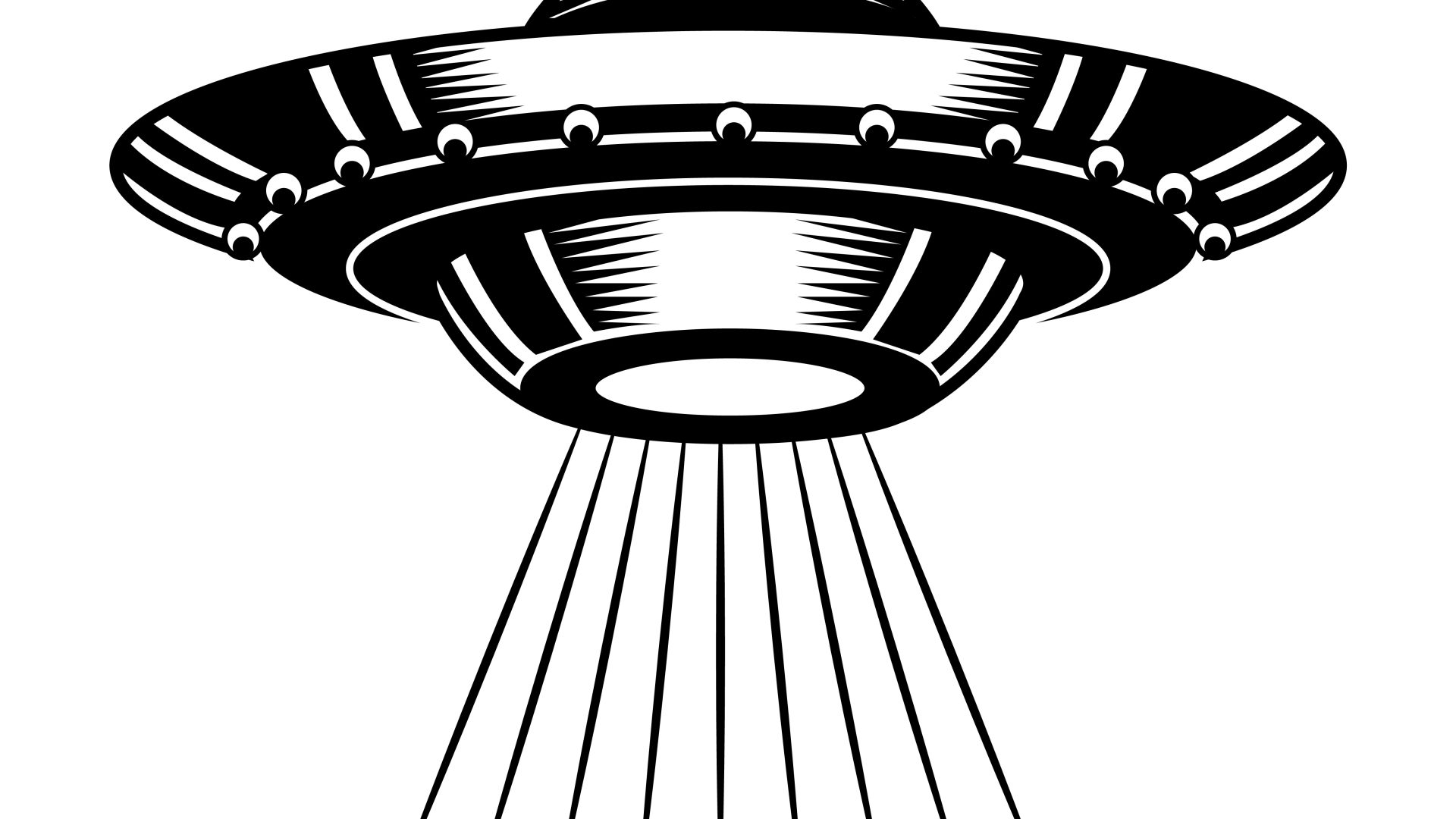The True Secrecy Goes Beyond UFOs—It’s About Controlling Our Perception of Possibility
We’ve all encountered the standard explanations for why UFO technology (if it exists) is shrouded in secrecy: national security, military dominance, societal fears, and more. But let’s take a moment to consider a simpler possibility.
It’s not merely about the technology itself; it’s about dictating what people believe is achievable.
Knowledge grants power. The most effective way to retain power isn’t through warfare; it’s by shaping the scope of human imagination. If concepts like anti-gravity, zero-point energy, or remote viewing were confirmed, it would disrupt the entire global hierarchy. The energy sector could face collapse, the military would lose control over advanced travel, and governments would be unable to defend outdated frameworks.
This discussion transcends whether the U.S. is concealing functional UFO technology in a hidden bunker. It delves into a more profound issue—how collective reality is orchestrated on a large scale.
Historically:
-
Religion has been leveraged to govern populations, yet mystics, shamans, and esoteric teachings have preserved alternative wisdom.
-
Science was once considered heresy; still, paradigm shifts (think Copernicus, Galileo, Einstein) compelled reality to evolve.
-
The internet was heralded as a tool for democratizing information, yet dominant narratives have become increasingly controlled.
Today, we observe more individuals than ever delving into consciousness, remote viewing, UFOs, and other “woo woo” concepts—not out of naivety, but because they sense the fissures in the official story.
What concerns those in power? You cannot fully dominate the unknown. You can attempt to suppress, discredit, or ridicule it, but you cannot prevent people from seeking answers. And that’s where things turn intriguing.
We have already excelled in military collaboration (NATO, global surveillance).
We have achieved cultural synchronization (Hollywood, mainstream media).
We have mastered informational control (AI, social media algorithms).
But what occurs when individuals begin to connect on a subtle, intuitive level? When reality is not dictated by institutions but emerges from decentralized consciousness? What if the true revelation isn’t about extraterrestrials or hidden technologies, but about people comprehending that they were never as constrained as they were led to believe?
I’d love to hear your thoughts on this. Are we witnessing a gradual unearthing of secrecy?
Or is this merely a new layer of control?

This perspective really shines a light on the broader implications of what “secrecy” entails, especially in the context of human potential and societal evolution. You’re absolutely right to suggest that controlling the narrative of what is possible is a form of power that extends beyond mere technology or military strategy. If people begin to believe in possibilities that challenge the status quo—such as alternative energy sources or advanced forms of consciousness exploration—it disrupts the foundations of established societal structures.
Looking at history, there’s undeniable evidence that paradigm shifts have been met with resistance from those in power. Each leap in understanding, whether through scientific discovery or social movements, has the potential to empower individuals and catalyze collective change. So, yes, the control may not just stem from a desire to keep technologies secret, but also from a fear of empowering individuals to think and act beyond the confines of acceptable norms.
The internet, while a tool for democratization, has indeed fallen into a cycle of narrative control, as you mentioned. But perhaps this is a testament to resilience: the very act of people seeking truth beyond what’s presented to them shows an innate desire for growth and understanding. As communities form around “taboo” subjects like UFOs or consciousness exploration, it challenges the established authority of institutions that once monopolized knowledge.
Your question about whether we’re witnessing a slow unraveling of secrecy or the emergence of a new form of control is provocative. It could very well be a bit of both. As the lines between what is “acceptable” and what is considered “fringe” continue to blur, we must remain vigilant. There’s always the possibility that the powers that be will adapt to new challenges, integrating them into the existing framework of control.
However, the collective awakening to alternative narratives does seem to carry a certain momentum that institutional power struggles may struggle to contain. The idea that people are now starting to coordinate on a “subtle, intuitive scale” is intriguing; it suggests a shift from a top-down model of influence to bottom-up explorative wonder. Perhaps this newfound curiosity and openness will foster a cultural renaissance of sorts, one that is less about controlling belief and more about expanding consciousness.
I’d love to hear more about your thoughts on how we might navigate these transitions, and what role individuals can play in shaping a more inclusive, expansive understanding of reality. Are there specific avenues you think are most promising for fostering this collective exploration?